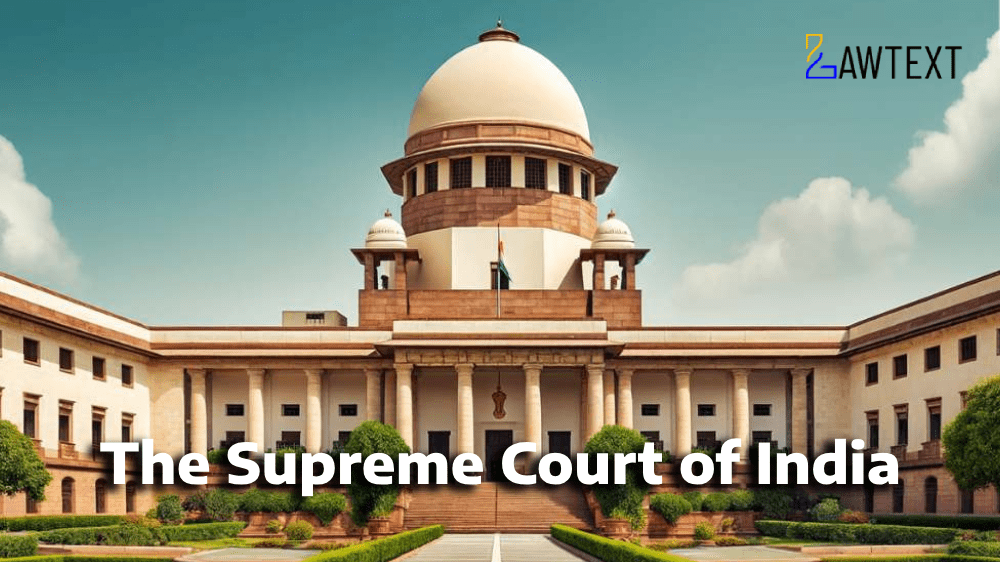

The Supreme Court addressed appeals by Sonu Agnihotri, an Additional District and Sessions Judge, seeking expungement of adverse remarks by the Delhi High Court regarding his observations and directions in a bail matter. The High Court’s remarks were deemed unnecessary and harmful to the appellant's judicial reputation. The apex court emphasized judicial independence, fairness, and the avoidance of personal criticism in judgments. Adverse remarks in paragraphs 13 and 14 of the High Court's order were expunged, safeguarding the appellant's career while reinforcing the principles of natural justice.
The appellant, Sonu Agnihotri, a judge in Delhi's judicial service, challenged adverse remarks in two orders by the Delhi High Court. These remarks criticized his handling of anticipatory bail applications in a case involving theft and recovery under IPC Sections 380, 411, and 34.
Case Background
High Court Decision
Legal Context
Judicial Independence
Ratio Decidendi
Indian Penal Code (IPC):
Code of Criminal Procedure (CrPC):
Constitution of India:
Expungement of adverse judicial remarks and principles of judicial restraint.
Judicial independence, Supreme Court, natural justice, judicial oversight, legal ethics.
Citation: 2024 LawText (SC) (11) 224
Case Number: CRIMINAL APPEAL NOS. 388-389 OF 2024
Date of Decision: 2024-11-22
Case Title: SONU AGNIHOTRI VERSUS CHANDRA SHEKHAR & ORS.
Before Judge: (Abhay S. Oka J. , Ahsanuddin Amanullah J. , Augustine George Masih J.)
Appellant: SONU AGNIHOTRI
Respondent: CHANDRA SHEKHAR & ORS.